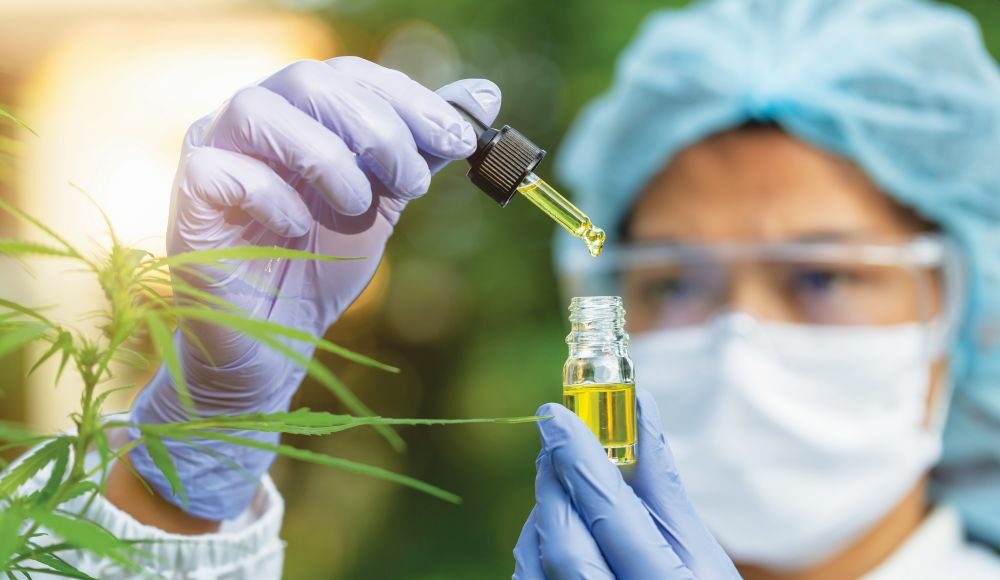Last week the Department of Health and Human Services recommended that cannabis be reclassified as a Schedule III drug.
This sounds like a promising move, and in a sense it is. But in another sense it seems like just another feint at reform when what pot advocates say is needed is a total revamping of the nation’s drug policies, including removing pot from the criminal code.
The recommendation, first reported by Bloomberg News, “simply re-brands prohibition, it doesn’t end it,” said Kaliko Castille, president of the Minority Cannabis Business Association. “It would do nothing to remove criminal penalties that still continue to disproportionately impact minority communities.”
It would also leave the legal-weed business in limbo, which it has been working in ever since states started legalizing pot for adult use just over a decade ago: In legal states, pot businesses would still be considered by the federal government to be criminal enterprises, and most of the problems associated with that would remain. And people growing weed in their backyards would still be considered felons by the feds, even if they never get busted for it.
The recommendation is still better than the current state of affairs. As a Schedule I drug, cannabis is now considered by federal law to have a “high potential for abuse” and to be entirely without medical value, which of course is insane. But the unauthorized possession and sale of cannabis would still be illegal if pot is ratcheted down to Schedule III.
HHS took up the matter under a directive from President Joe Biden. The agency said it based its recommendation on a review of the scientific evidence. The issue is now in the hands of the Drug Enforcement Administration, which under the Controlled Substances Act decides which schedule various substances fall under. Just a few years ago, that might have been a dead end for such a proposal. As recently as 2016, 20 years after California became the first state to legalize medical pot, the DEA refused to budge on rescheduling.
Given the DEA’s history, it would be a mistake to be too optimistic. But with pot becoming more widely accepted all the time, and with the current administration having signaled its wish for at least some reform, the chances seem fairly good that the DEA will follow the lead of the HHS. The Biden White House itself has so far declined to comment on the recommendation.
Rescheduling would yield some clear benefits for the industry right away. The main one is that legal cannabis businesses would finally be allowed to deduct normal business expenses on their federal taxes, which is currently prohibited. That has created major problems for an industry that, as a whole, operates on a shoestring, with low profit margins, high state and local taxes, and the costs of complying with strict regulations.
It would also give a major boost to pot researchers who have been stymied by the onerous licensing required to study Schedule I drugs. Rescheduling could enable a torrent of much-needed research into the health effects, positive and negative, of pot.
But rescheduling is not decriminalization, much less legalization, which is what the industry and consumers—a.k.a. citizens—are clamoring for. As a schedule III drug, cannabis would remain federally illegal to sell or possess outside of a highly-regulated medical setting. To be legal, it would have to be prescribed, and businesses would be subject to the same regulations that apply to healthcare providers that dispense other Schedule III drugs like anabolic steroids, ketamine and even some addictive painkillers. That means pretty much every pot business operating in a legal state, including medical-pot clinics, would still be technically breaking the law. And the industry would still be handicapped in a bunch of ways, including being barred from interstate commerce and lacking access to banking services.
“The goal of any federal cannabis policy reform ought to be to address the existing, untenable chasm between federal marijuana policy and the cannabis laws of the majority of states,” said Paul Armentano, deputy director of the pot-reform advocacy group NORML.
The move, though, is yet another signal that attitudes about pot are changing—if frustratingly slowly—even among one-time harsh critics of cannabis like Joe Biden. The hope among reform advocates is that it will help push lawmakers further toward full legalization.



